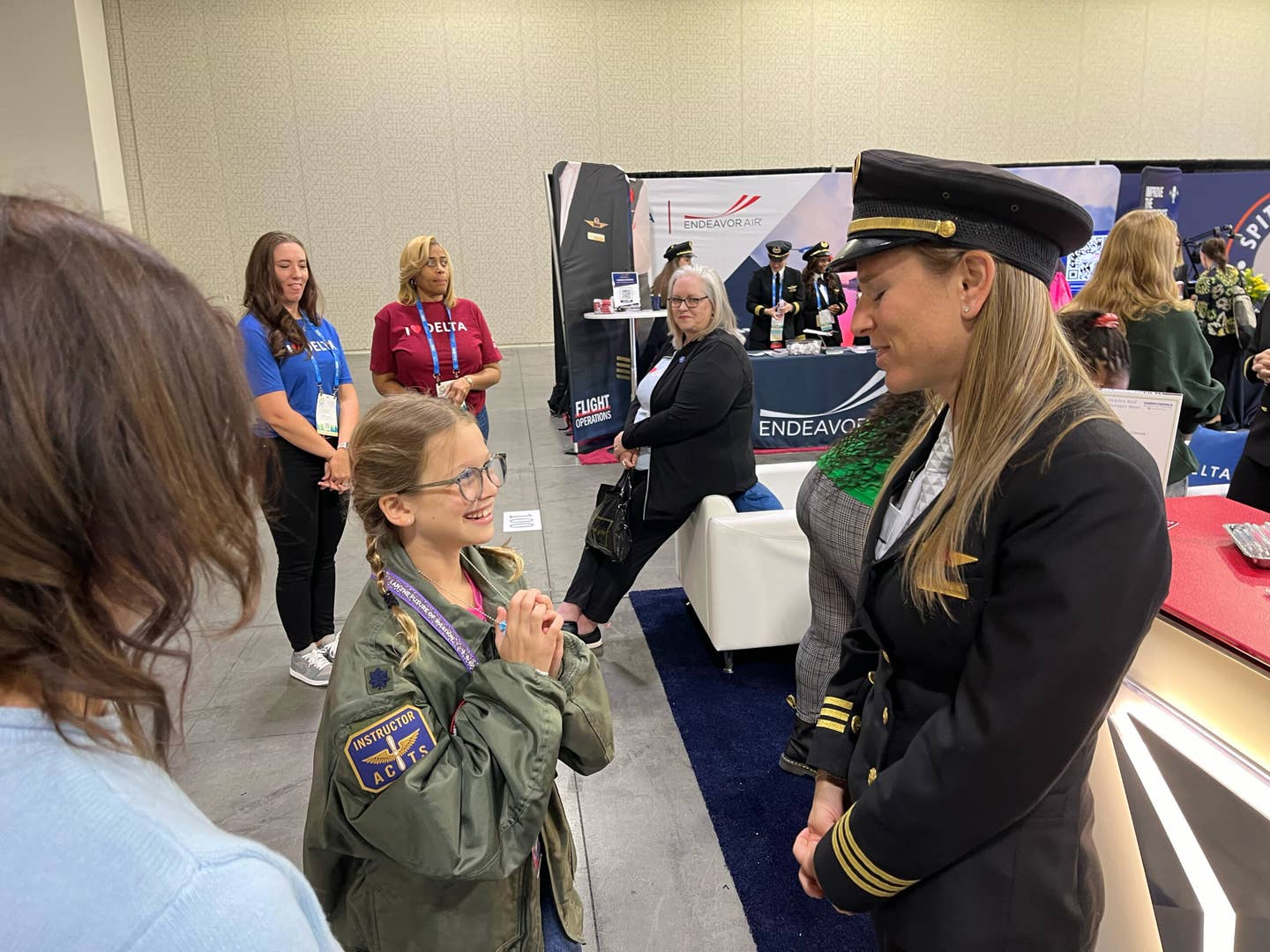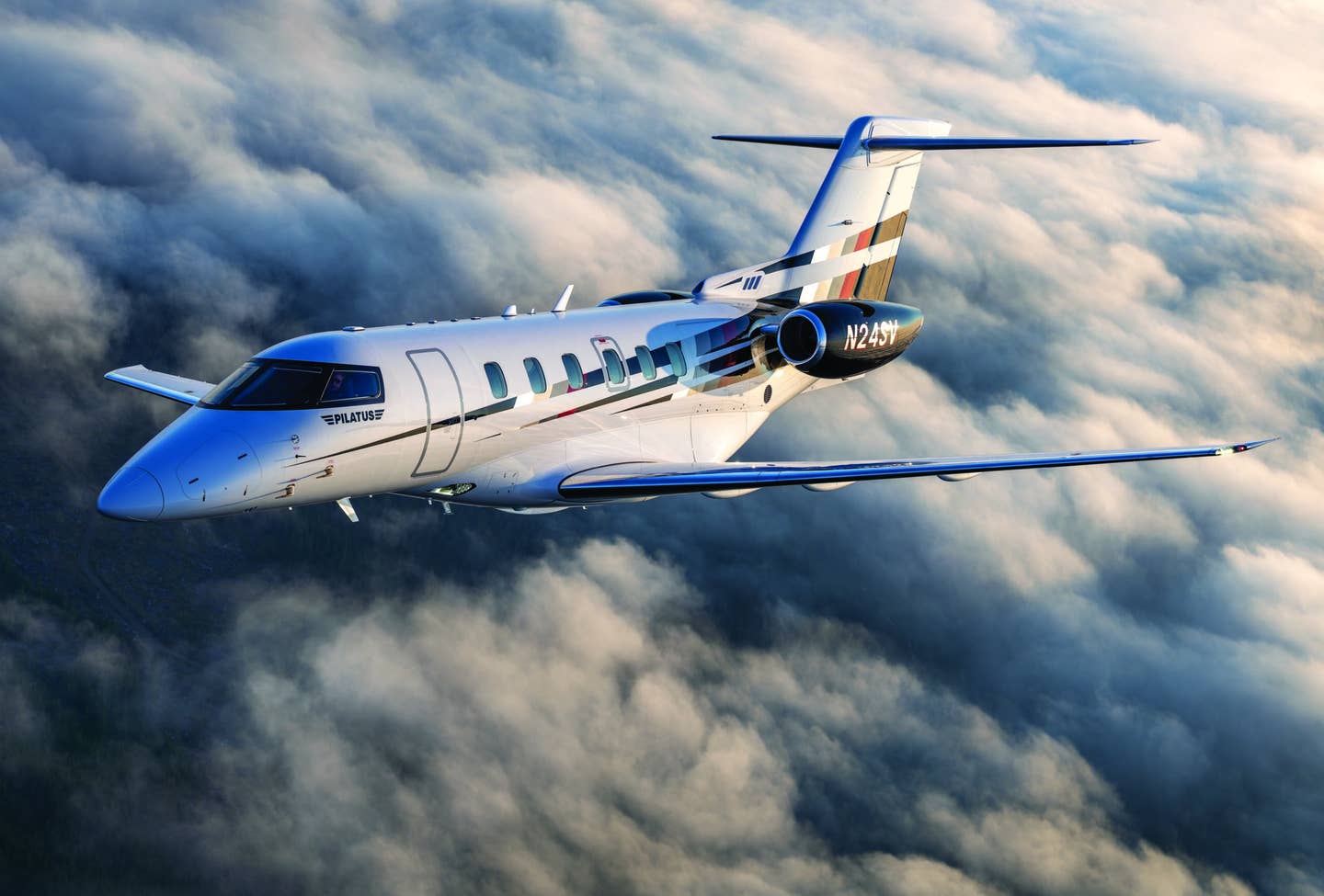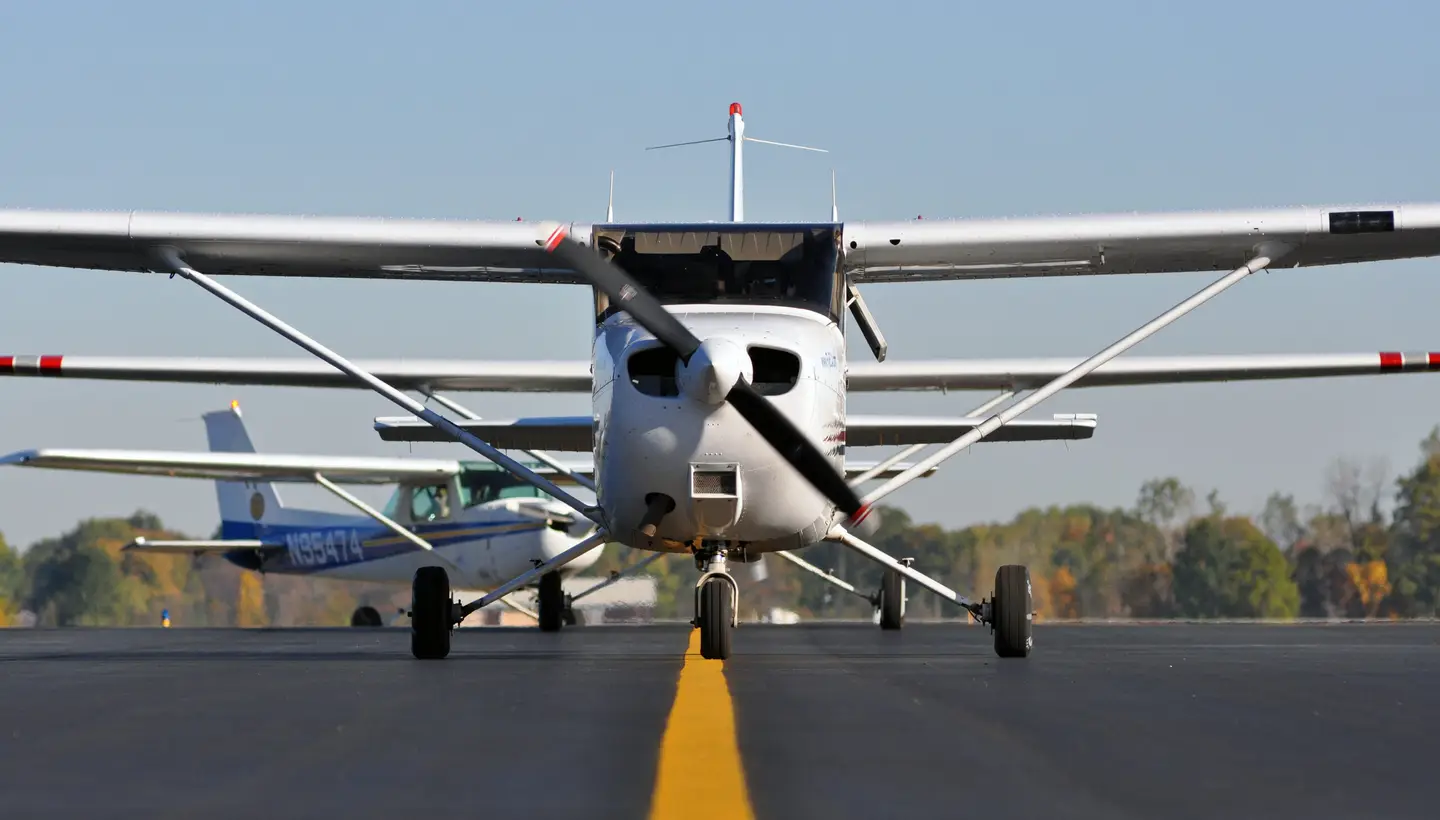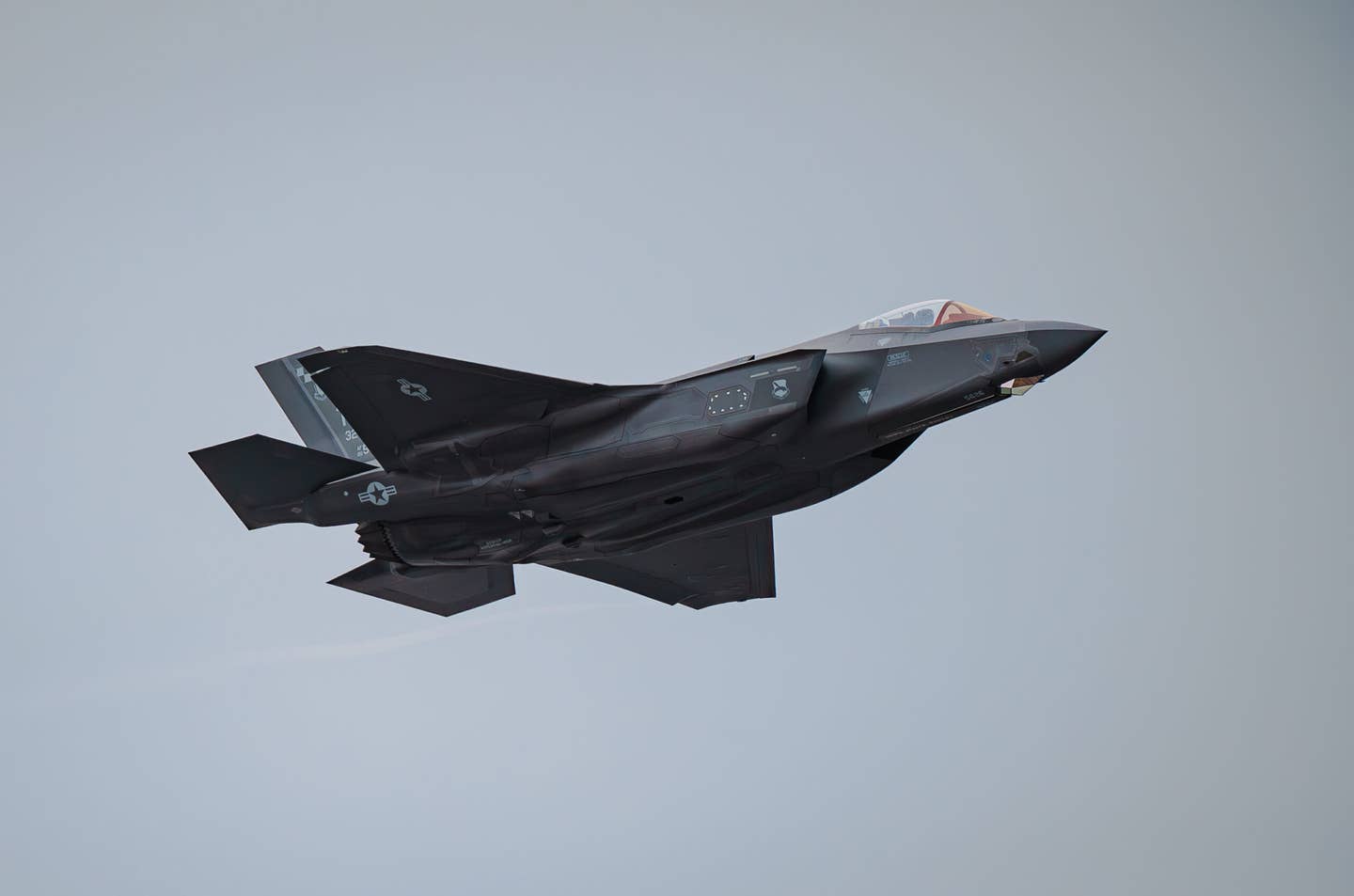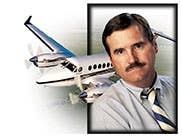
ColumnArt_Web
The current administration appears to be determined to collect more money from those of us who use the national airspace system. People at the National Business Aviation Association (NBAA) expect a bill that will raise fees on aviation users to be introduced into Congress no later than this spring. And they're not alone in that belief.
All of aviation has been talking about, and worrying about, "user fees" for decades, but nothing much has happened yet. This time, several factors have aligned which makes it very likely that there will be changes in the way aviation users are taxed.
Ed Bolen, president of NBAA, told me the reason he is convinced that change is coming is that the airlines are united in demanding a new taxing system. In the past, the airlines have been divided with the old line majors in one group and low-cost startups in another. With airlines of every type in desperate financial shape, the urgency for airlines to move taxes to somebody else, particularly the fuel tax they pay, has never been stronger. The "somebody else" is, of course, business and general aviation.
The other main force driving the administration toward new aviation taxes is the enormous deficit the federal government is posting. The war in Iraq and rebuilding after the Gulf Coast hurricanes have piled billions onto an already enormous shortfall. Even this spend-without-taxing administration must, at some point, find new revenue and aviation is one of the targets.
When the administration looks around the world it finds that every major nation charges fees for use of its air navigation services, and many have privatized the entire air navigation system. The aviation industry in the U.S. dwarfs the rest of the world, and our current tax structure helps promote flying, but the fact that everybody else is charging for airspace use gives government officials here some cover.
It's not that aviation users don't pay for services here in the U.S., because we do. Airline passengers pay taxes on every ticket and route segment, freight waybills are taxed, and all operators pay federal fuel tax. But all of those taxes combined don't cover the total cost of operating the FAA so the general tax fund must make up the difference. That's what the administration wants to change by increasing taxes on aviation users.
There had been small federal taxes on aviation fuel since the 1930s, but real users fees were first implemented in 1970 when the Airport and Airway Trust Fund was created by Congress. Fuel taxes were increased substantially, a registration fee was placed on airplanes weighing more than 2,500 pounds, and taxes on airline tickets and freight waybills were established. The trust fund law has been renewed several times over the years, but the basics have remained pretty much the same with airline ticket taxes providing the huge majority of revenue.
The current trust fund law expires in 2007 and the FAA says there is only a small and declining balance left in the fund. Many argue that the trust fund isn't as bad as the FAA says, or that it will improve as the airline business recovers, but in any case, the FAA wants a new law that will ensure a stable and predictable revenue stream that doesn't depend on general fund contributions that may or may not be approved by Congress.
Clearly, the fight for all aviation system users will be to keep a general fund contribution going to the FAA, to insist that the FAA control its costs, and then figure out how to divide the remaining costs among those who use the system.
The FAA is working on cost control and has knocked almost one billion off the 2006 budget compared to 2005. In 2006 the general fund contribution will be about 15 percent of the total, and I certainly believe that every citizen benefits at least that much from having a reliable air transportation system. After all, the military uses the same system without paying a direct fee.
Through the fuel taxes of 19.3 cents per gallon on avgas, and 21.8 cents per gallon on jet fuel, general aviation contributed about $600 million to the trust fund in 2004, which is between six and seven percent of the $9.2 billion collected. Is that a fair share of the total?
The airlines argue that about 30 percent of all IFR operations were conducted by general aviation while we paid less than seven percent into the fund which is not proportional to use. That, at first, may seem like a valid argument. But, as in most endeavors, the incremental cost of each good or service is not identical. The reason that it doesn't cost the FAA as much to handle a general aviation IFR flight as the exact percentage of the total would indicate is that the FAA can't subtract much, if any cost, if the GA airplane didn't use the system.
The national airspace system was built to ensure safe airline travel, so that system must remain in place and the airlines are required to use it. General aviation uses the excess capacity of that system for very little extra cost. For example, if there were no GA flights in the New York area how many controllers, or radars, or computers could the FAA eliminate and still handle the airline traffic? The answer is probably none. Even at an airport like Westchester County in New York that mixes GA and airlines, the system is in place to serve the airlines. Do the GA airplanes that arrive or depart between airliners at Westchester add anything to the cost? Could controllers leave their radar or tower if the GA airplanes weren't there? I don't think so. And the number of GA airplanes that use the major airline airports such as ORD, JFK, and DFW is less than two percent, so if all GA went away from those airports it would not reduce the FAA's cost a penny.
I think the same can be said for FAA costs for en route ATC services. About 14 percent of all IFR flights are made by business jets that operate in the same slice of en route airspace as the airlines. If those business jets weren't there, what could the FAA cut? Maybe a 14 percent reduction in traffic would permit the combining of a few controller sectors, but that's it. The radars and ATC centers would all still be needed for the airline traffic. And the majority of IFR flights flown by GA piston airplanes are in the low altitude structure that the airlines use for departure and arrival so eliminating GA flights wouldn't remove the need for terminal area controllers.
The tax on general aviation fuel is effectively a user fee because the more you fly, the more fuel you burn, and the more you pay. Jets burn much more fuel than light piston singles, and the jets use the system much more, so the fuel tax accounts for the jets greater use of the system. The fuel tax is also progressive following the tradition of U.S. tax policy. Operators of business jets have a greater ability to pay than piston airplane owners, and the jets pay much more.
If the fuel tax were abolished it would certainly be replaced by a fee structure that charges by the mile flown in the system at a rate that increases with aircraft weight. This is the user fee structure in the rest of the world and would require the FAA to establish a new cumbersome bureaucracy to collect it. The Canadian system charges airplanes weighing less than three metric tones (6,614 pounds) max takeoff weight a flat fee per quarter to pay for IFR charges, while all larger airplanes pay by the mile. That system eases the burden on light piston airplane owners, but still creates a new billing process. In contrast, the fuel tax is collected as the fuel is sold with almost no cost to the government. Any other system would deliver less net revenue out of the total tax charged.
I think general aviation should fight to keep the fuel tax as the method of paying our share even if the fuel tax must increase. With the extreme fuel prices of the past few months another price hike in the form of a tax increase would be hard to take, but it is still better than any alternative I can imagine being imposed.
Another element of the user fee debate is how to pay for other FAA services such as pilot and airplane certification. These are much smaller expenses than it takes to support the ATC system, but they are real. I expect the FAA to propose legislation that will place fees on registering an airplane, on pilot and medical certificates, and probably on certification of new airplanes and equipment. Nobody wants new costs on their flying, but it's hard to argue against reasonable fees on licenses and registration when we all pay them on our cars and drivers licenses. The key here is that any such fees be reasonable.
I think the only defendable position for general aviation in this debate is to maintain that we are paying close to our fair share now to use the national airspace system and that the fuel tax is the most equitable and most efficient way to collect from general aviation. If our share must go up, then the increase should be on the fuel tax. I don't think the status quo is a viable option. There will be a change in aviation taxes in the next year or so, and we need to identify what is most important to us and lobby hard for it. I think preserving the fuel tax is most crucial to general aviation and that fact, more than the actual tax rate, must be what we fight for.
The NBAA has a service on its website at nbaa.org that helps you write letters to your two senators and congressman on this issue. The NBAA system identifies your senators and congressman automatically based on your address. The NBAA then customizes the letter so that it isn't just a preprogrammed response, and you can easily edit it to make your points individually. On the NBAA site click on "government affairs" and then on "contact Congress" to prepare the letter and e-mail it. The system created an effective and personalized letter for me, and I heard back from my senators and congressman. I urge you to contact your elected officials and let them know what you think about the coming changes in aviation taxes.

Sign-up for newsletters & special offers!
Get the latest FLYING stories & special offers delivered directly to your inbox


